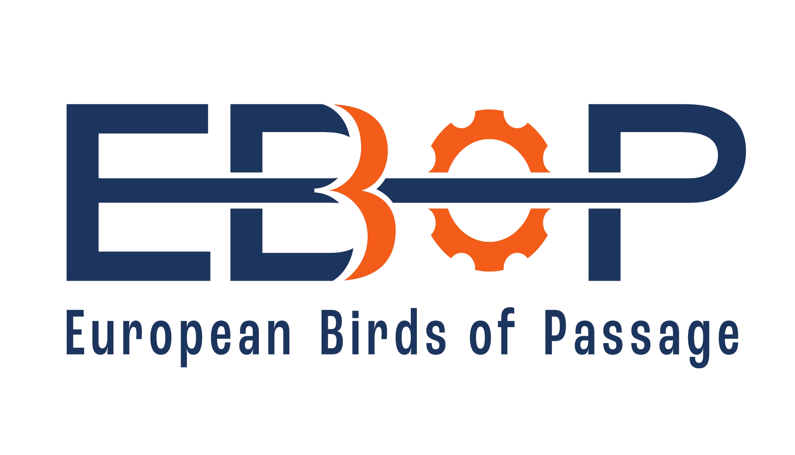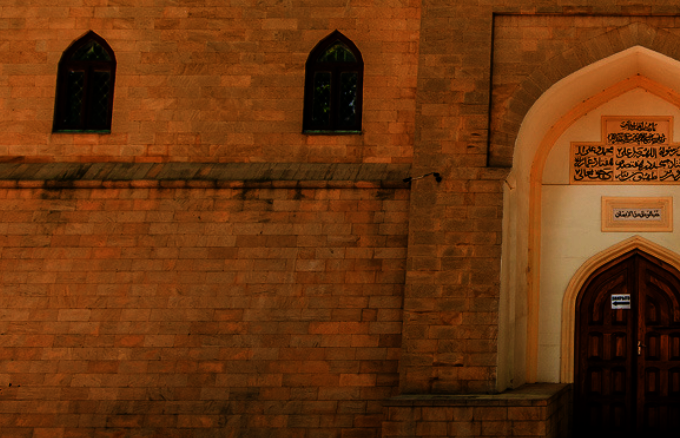Presentation
The joint research unit, Law, Religion, Business and Society (Droit, religion, entreprise et société – DRES), which is an original research space in terms of the diversity of disciplines it brings together in a single entity, is composed mainly of lawyers, but also includes theologians, sociologists, historians and political scientists. In addition, various legal disciplines (social law, business law, religious law, legal history) are represented.
Given its unique nature, research activity is deployed in two complementary directions. On the one hand, a cross-disciplinary project around two seminars:
- Organisations, normativities, responsibilities
- Scientific and technical information at the service of the researcher and, on the other hand, disciplinary research via its four internal teams: Rights and religions; Religions and pluralism; Social law; Business law.
The unit has a total of 95 members, including 40 doctoral students attached to the Legal Sciences doctoral school (ED 101) or the Theology and Religious Sciences doctoral school (ED 270).
The unit hosts five master's level courses and two university diplomas linked to its research themes. It provides the scientific community with several documentary portals whose content is absolutely unpublished (Eurel; Legirel; Sociorel; etc.).
Research topics
Organisations, normativities, responsibilities
- European justice and private organisations
- Empirical methodologies in legal research
- Cultural and religious heritage
Social law
- Spaces and dynamics of social Europe
- Social dialogue as a tool for social regulation
- Social justice, a marker of contentious issues
Laws and religions
- Religion and normative trajectories
- Laws, religions and axiological conflicts
- Canon law and societal developments
Religions and pluralism
- Minorities and religions
- Contemporary developments in religion and identity
Business law
- Banking law and financial markets
- Criminal business law
- Prevention and repression of organised crime
- Business contract and distribution law
Major events and projects
The UMR leads or co-leads a number of major, often interdisciplinary, research projects.
As part of the French Excellence Initiative (Initiative d'excellence – IdEx), DRES is co-sponsor of the Making European Society (La Fabrique de la société européenne – MAKErS) Interdisciplinary Thematic Institute, within which UMR members are involved in numerous projects on contemporary societal issues.
The unit hosts numerous European, bilateral and national research programmes, including:
- European Birds of Passage - An Empirical Legal Theory of Temporary Labour Migration in Europe [E-BoP] (ERC Starting Grant)
- Posting Stat 2.0. Enhancing the collection and analysis of national data on intra-EU posting (European Commission)
- Scientific diplomacy between France and Turkey: towards renewed cooperation (Partenariat Hubert Curien – PHC)
- Chaire France-Québec Colibex - Enjeux contemporains de la liberté d'expression (CNRS)
- ANR CiSaMe - Circulation des savoirs médiévaux au XIIᵉ siècle
- ANR JustMoral - La justice européenne des droits de l'homme sous influences morales?
DRES develops scientific programmes subsidised by various ministries and public agencies on a variety of research topics: l'Institut français d'islamologie, France Stratégie, l'Institut des études sur le Droit et la Justice, le Bureau central des cultes, etc.
The UMR has a great deal of interaction with the non-academic world: the Corporate Social Responsibility platform of the Council of Europe; the French National Commission on sanctions - the French anti-money laundering sanctions authority; the French Financial Markets Authority; the Regional Directorate for the Economy, Employment, Work and Solidarity (DREETS), Eurométropole; etc. and its members are very frequently called upon for their expertise by public and private decision-makers. It very regularly organises conferences on current developments on social law and business law to provide up-to-date coverage of legal developments.
The unit participates in a very large number of international and national academic networks. In addition to two journals (Revue du droit des religions; Revue de droit canonique), DRES members have published around twenty works since 2021.





